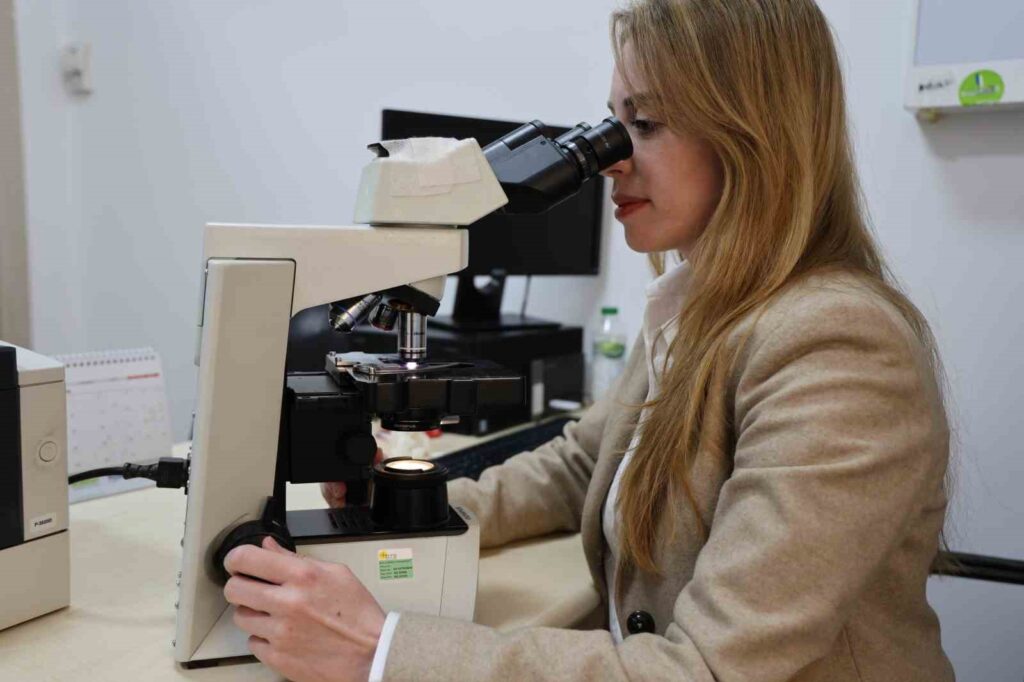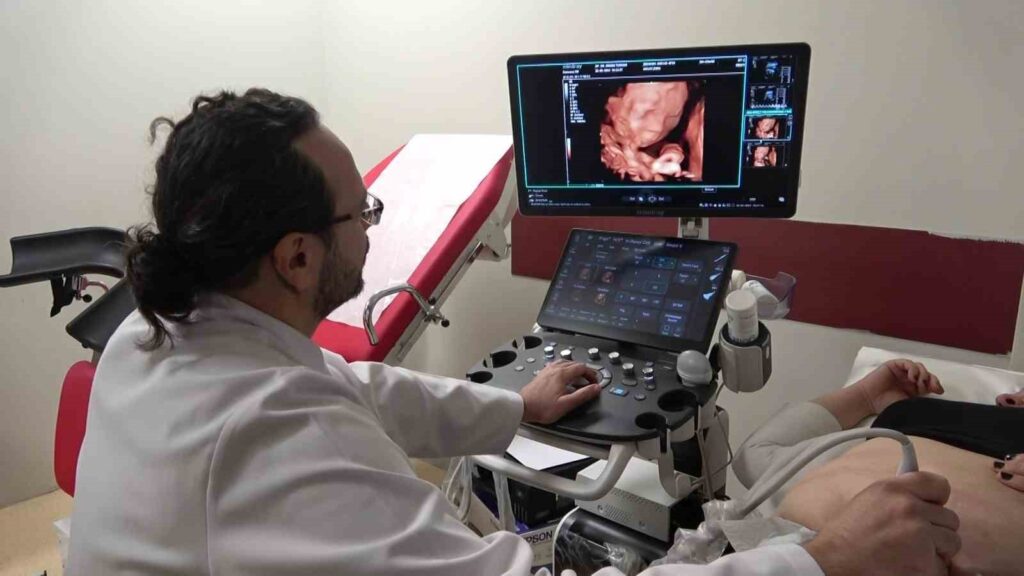Thalassemia: Diagnosis, Treatment, and Genetic Counseling
What is Thalassemia, how is it diagnosed, what treatment methods are applied, and how is genetic counseling provided? Detailed information about Thalassemia is available here.

What is Thalassemia?
Thalassemia, also known as Mediterranean Anemia, is a genetic blood disorder that is inherited. If both parents are carriers, there is a 1 in 4 chance that the child will have the disease. It is seen in our country at a rate of 2%.
Thalassemia Carrier Status and Genetic Counseling
Experts emphasize the importance of thalassemia carrier status before marriage, stating that being a carrier is not a disease and does not require treatment. However, genetic counseling before marriage is recommended due to this disease that can be passed on to children. This way, the risk of disease transmission to children can be determined in advance.
Thalassemia Treatment and Monitoring
Experts warn that thalassemia patients may receive unnecessary iron therapy, therefore it is recommended that they consult a hematologist. It is stated that monthly blood transfusions may be necessary for severe thalassemia patients and iron levels should be kept under control. There is no need for a special diet in terms of nutrition, but in some cases, folic acid supplementation may be necessary.
- Complete blood count
- Peripheral smear
- Hemoglobin electrophoresis
- Iron tests
Diagnosis of the disease is made with tests such as the ones listed above. These tests aim to differentiate thalassemia from other types of anemia and avoid unnecessary vitamin supplements.







